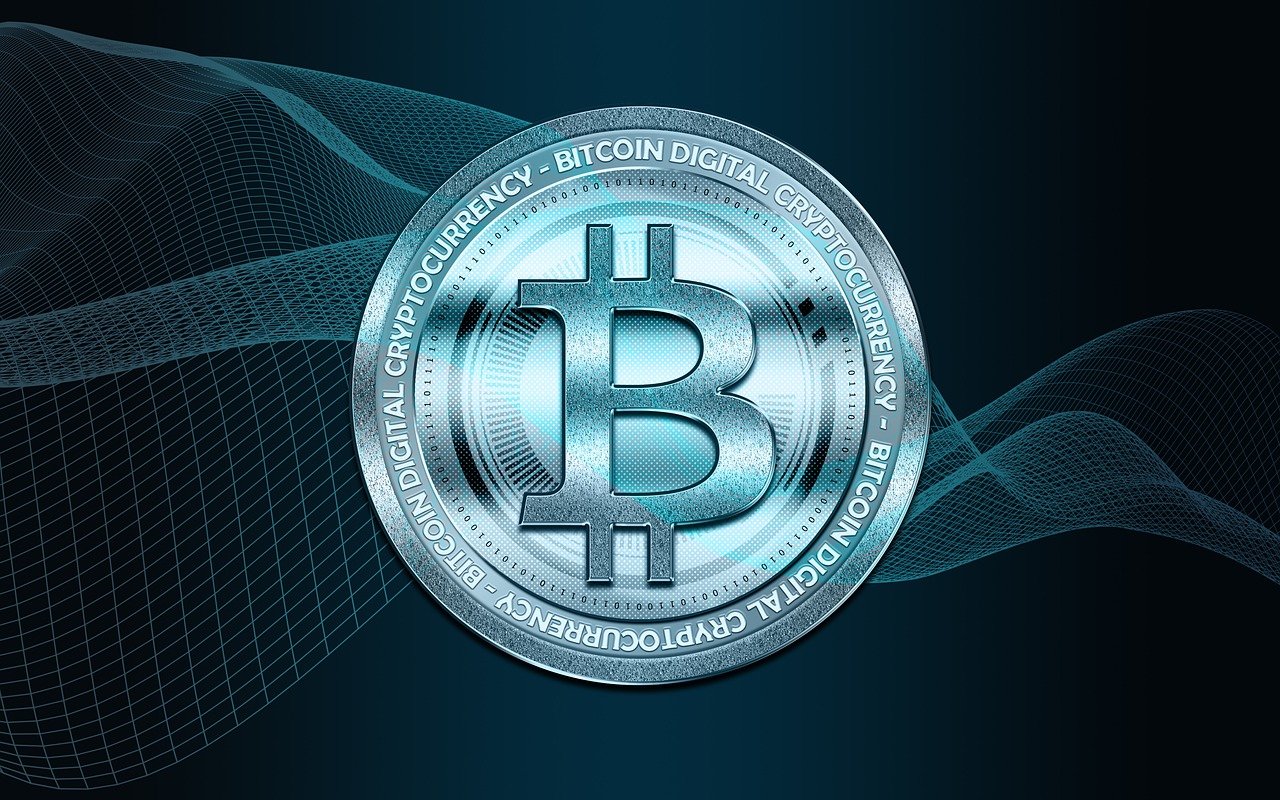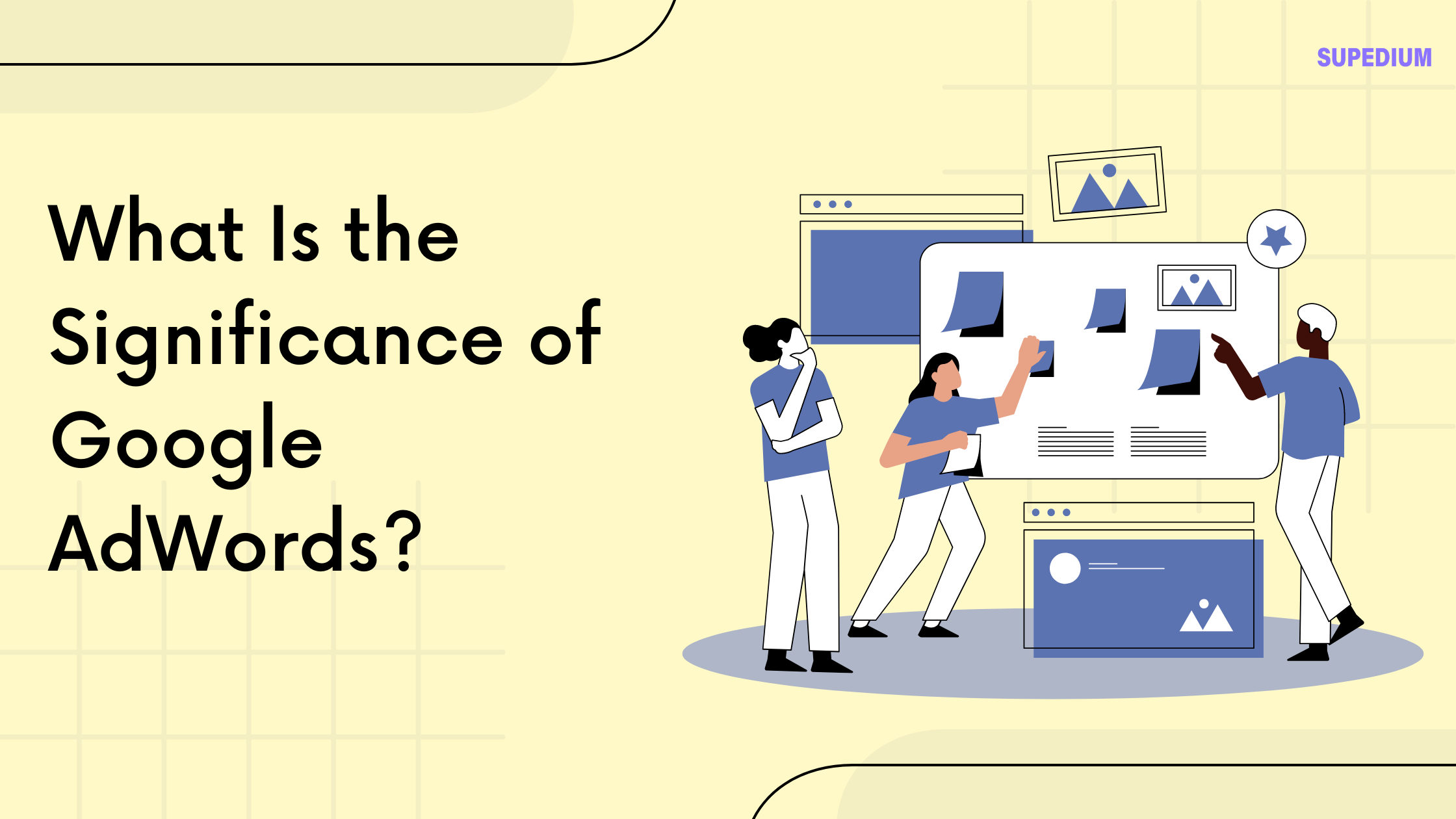Table of Contents
- 1 1. Introduction to Cryptocurrency and Decentralized Governance
- 2 2. How Cryptocurrency Facilitates Decentralized Governance
- 3 3. Benefits of Using Cryptocurrency for Governance
- 4 4. Challenges and Limitations
- 5 5. Case Studies of Cryptocurrency in Governance
- 6 6. The Future of Cryptocurrency in Decentralized Governance
- 7 7. Conclusion
![]()
In recent years, the intersection of cryptocurrency and governance has become a focal point of innovation and discussion. Cryptocurrency, often recognized for its role in financial transactions, is now being explored for its potential to reshape governance structures. This article delves into the role of cryptocurrency in decentralized governance, outlining its key aspects, benefits, challenges, and future potential.
1. Introduction to Cryptocurrency and Decentralized Governance
1.1. Definition of Cryptocurrency
Cryptocurrency is a digital or virtual form of currency that uses cryptography for security. Unlike traditional currencies issued by governments (fiat currencies), cryptocurrencies operate on decentralized networks based on blockchain technology. Popular examples include Bitcoin, Ethereum, and Cardano.
1.2. Concept of Decentralized Governance
Decentralized governance refers to a system where decision-making authority is distributed across various participants rather than centralized in a single entity or group. This model contrasts with traditional governance structures where power and decision-making are concentrated at the top. Decentralized governance aims to reduce bureaucracy, increase transparency, and enhance democratic participation.
2. How Cryptocurrency Facilitates Decentralized Governance
2.1. Blockchain Technology
The backbone of most cryptocurrencies is blockchain technology, a distributed ledger that records all transactions across a network of computers. Blockchain ensures transparency, immutability, and security, which are crucial for decentralized governance. Each participant in the network has access to the same data, which helps in maintaining trust and accountability.
2.2. Smart Contracts
Smart contracts are self-executing contracts with the terms of the agreement written into code. They automatically execute and enforce agreements when predefined conditions are met. In decentralized governance, smart contracts can automate administrative processes, such as voting, fund allocation, and compliance monitoring, reducing the need for intermediaries and human oversight.
2.3. Decentralized Autonomous Organizations (DAOs)
DAOs are organizations represented by rules encoded as a computer program that is transparent, controlled by organization members and not influenced by a central government. DAOs use cryptocurrency to facilitate governance and operational decisions. Members of a DAO typically use tokens to vote on proposals and make decisions about the organization’s future.
3. Benefits of Using Cryptocurrency for Governance
3.1. Increased Transparency
One of the primary benefits of using cryptocurrency and blockchain technology in governance is increased transparency. Every transaction and decision made on a blockchain is recorded and visible to all participants. This openness helps prevent corruption and enhances trust among stakeholders.
3.2. Reduced Costs
Decentralized systems eliminate the need for intermediaries and bureaucratic layers, which can reduce administrative costs. Smart contracts automate processes that would otherwise require manual oversight, further cutting down on costs associated with traditional governance structures.
3.3. Enhanced Security
Blockchain’s cryptographic security features protect data from tampering and unauthorized access. This level of security is particularly important for maintaining the integrity of governance processes and protecting sensitive information.
3.4. Greater Inclusivity
Decentralized governance models can be more inclusive by allowing broader participation from various stakeholders. Cryptocurrency-based systems can enable people from different geographic locations and backgrounds to participate in decision-making processes, fostering a more diverse and representative governance structure.
4. Challenges and Limitations
4.1. Technical Complexity
Implementing cryptocurrency-based governance systems requires a high level of technical expertise. Developing, maintaining, and securing blockchain infrastructure and smart contracts can be complex and may require specialized knowledge.
4.2. Regulatory and Legal Issues
The legal status of cryptocurrencies varies across different jurisdictions, and many governments are still grappling with how to regulate these new technologies. Issues related to legal compliance, tax implications, and regulatory frameworks can pose challenges for the adoption of cryptocurrency in governance.
4.3. Scalability Concerns
Scalability remains a significant challenge for blockchain technology. As the number of transactions increases, maintaining performance and speed can become problematic. Solutions are being developed, but scalability continues to be a concern for large-scale decentralized governance systems.
4.4. Security Risks
While blockchain technology is generally secure, it is not immune to risks. Vulnerabilities in smart contracts, potential for hacking, and other security threats can pose risks to decentralized governance systems. Ensuring robust security measures is essential to protect these systems.
5. Case Studies of Cryptocurrency in Governance
5.1. BitShares and Delegated Proof of Stake (DPoS)
BitShares is an example of a blockchain-based platform that uses Delegated Proof of Stake (DPoS) for governance. In this model, stakeholders elect delegates who make decisions on their behalf. This system aims to balance decentralization with efficiency, offering a practical approach to governance.
5.2. Aragon and Decentralized Organizations
Aragon is a platform that allows users to create and manage decentralized organizations. It provides tools for creating DAOs and managing governance through voting and token-based decision-making processes. Aragon’s approach showcases how cryptocurrency can be used to create flexible and autonomous governance structures.
5.3. DAO and The DAO Incident
The DAO was one of the first experiments with decentralized governance through cryptocurrency. It raised significant funds through a token sale but faced a major security breach that led to the loss of a substantial portion of its funds. The incident highlighted both the potential and the risks of using cryptocurrency for governance.
6. The Future of Cryptocurrency in Decentralized Governance
6.1. Advancements in Technology
As technology continues to advance, we can expect improvements in blockchain scalability, security, and user experience. These advancements will likely enhance the feasibility and effectiveness of cryptocurrency-based governance systems.
6.2. Evolving Regulatory Landscapes
Regulatory frameworks will evolve to better address the unique challenges posed by cryptocurrency. Clearer regulations and legal recognition will help facilitate broader adoption and integration of cryptocurrency in governance structures.
6.3. Increased Adoption and Innovation
As more organizations and governments experiment with cryptocurrency and blockchain technology, new models and innovations will emerge. This increased adoption will drive further development and refinement of decentralized governance systems.
7. Conclusion
Cryptocurrency holds significant potential for transforming governance structures through decentralization. By leveraging blockchain technology, smart contracts, and decentralized autonomous organizations, cryptocurrency can offer greater transparency, reduced costs, enhanced security, and increased inclusivity. However, challenges related to technical complexity, regulatory issues, scalability, and security must be addressed. As technology and regulations evolve, the future of cryptocurrency in decentralized governance looks promising, with the potential to reshape how decisions are made and power is distributed.
In summary, the integration of cryptocurrency into governance systems represents a revolutionary shift towards more democratic, efficient, and transparent structures. As the field continues to develop, it will be essential to navigate the associated challenges and harness the opportunities to realize the full potential of decentralized governance.
Share This





Be the first to comment